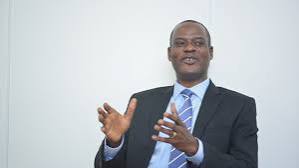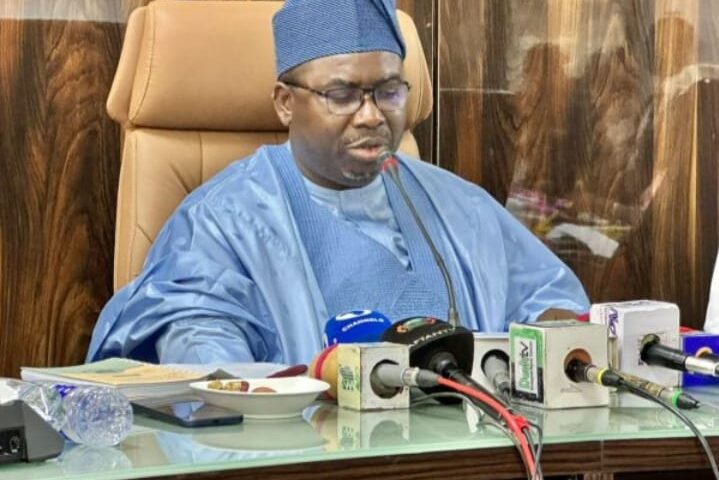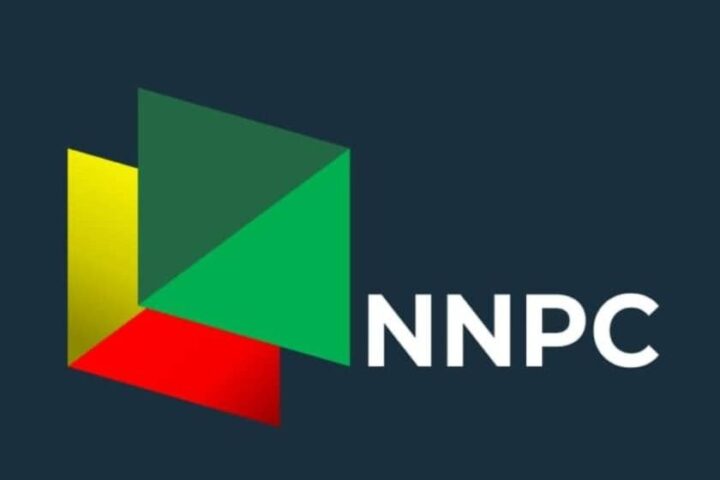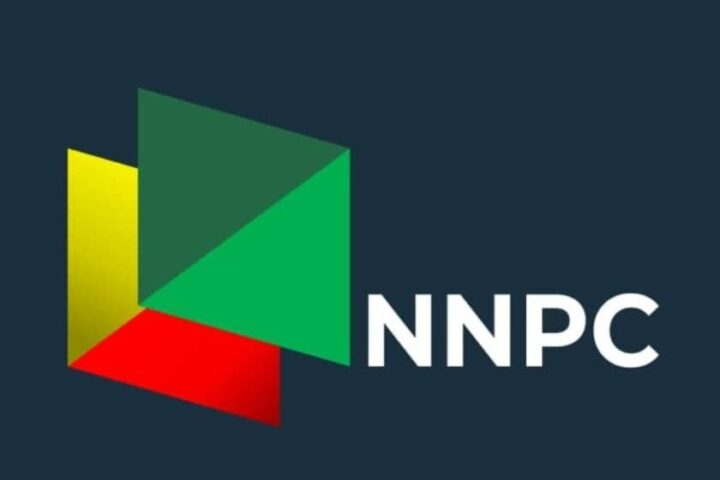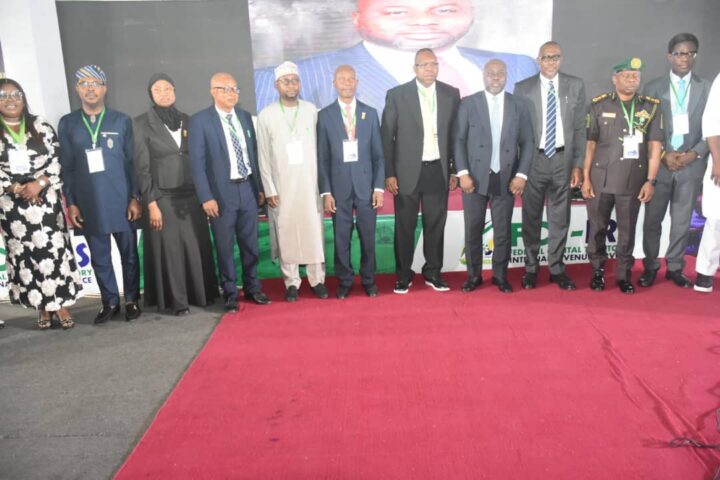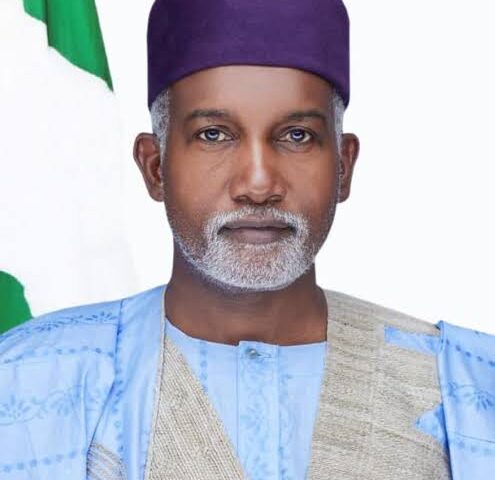Nigeria is saving between $20 million and $25 million daily due to the recent reforms by the Federal Government, Taiwo Oyedele, Chairman of the Presidential Fiscal Policy and Tax Reforms,has said.
Oyedele, who spoke at the Annual General Meeting of the Finance Correspondents Association of Nigeria (FICAN), emphasized that the changes have contributed to the stabilization of the naira.
He said on assumption of office, President Bola Tinubu eliminated fuel subsidies and unified multiple exchange rates in the foreign exchange market.
According to him, these reforms have resulted in several positive economic indicators, including: “slowing inflation in developed markets; reduced budget deficits for both federal and state governments;increased government revenue and capital expenditure; rising crude oil production and prices and positive assessments from rating agencies.
He added that the naira’s depreciation, which saw a 40% decline in 2024, is not expected to recur in 2025. Instead, credible forecasts suggest a strengthening of the naira due to anticipated higher inflows than outflows, driven by a significant reduction in petrol consumption.
Oyedele said that Nigeria’s crude oil production has risen to over 1.8 million barrels per day, with expectations to reach 2.06 million barrels soon. This increase is expected to positively impact the exchange rate.
The chairman,who spoke on the need for tax reforms, lamented that Nigeria’s current tax system is outdated and burdensome for businesses.
He advocated the need for urgent action to tackle issues like multiple taxation and high corporate tax rates, asserting that effective tax reforms would promote economic growth and improve revenue collection.
Oyedele expressed optimism about Nigeria’s economic outlook, citing significant improvements in fiscal management and potential for increased foreign investment if stability is maintained.
Dr. Paul Alaje from SPM Professional aligned with Oyedele’s position, describing the tax reforms as crucial for modernizing Nigeria’s tax system and enhancing fiscal sustainability.
He disclosed plans to repeal over 50 minor taxes and reduce corporate income tax from 30% to 25% over two years. Essential goods such as food and healthcare will have a VAT rate of 0%.
He cautioned that the ambitious timeline for these reforms could pose challenges without adequate stakeholder engagement, potentially leading to compliance issues.
Bassey Udoh, Chairman of the Finance Correspondents Association of Nigeria (FICAN), reflected on the challenges faced since taking office in February 2024, emphasizing the economic difficulties that have impacted partnerships with government ministries and agencies.
He noted a significant budget cut of up to 50% for media activities, but highlighted the association’s resilience and modest achievements over the past year.
He reported that FICAN successfully published three editions of its BusinessLine Magazine, generating essential revenue to support member welfare.
He reiterated a commitment to a three-point agenda focused on member welfare and announced plans to enhance knowledge-sharing initiatives through regular sector briefings.
Udoh also addressed ongoing efforts to acquire land for the association, acknowledging the political complexities involved.


